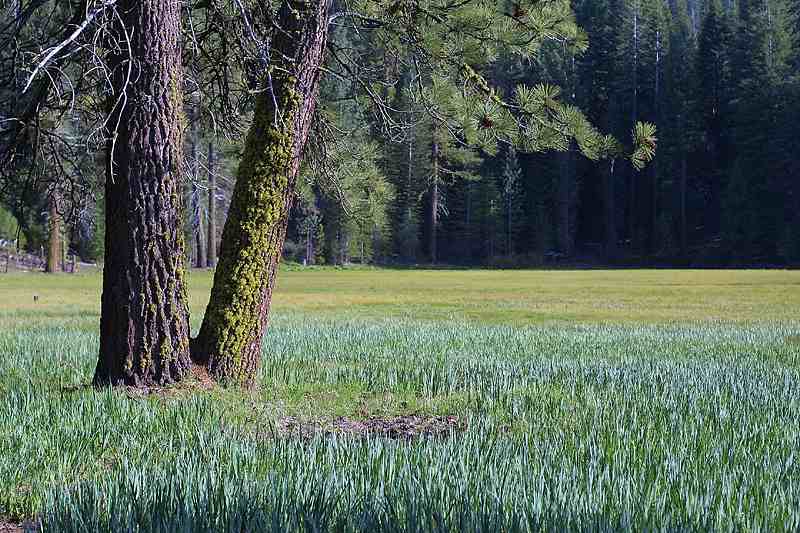Since the vast majority of people walking the streets today have not lived through life threatening survival scenarios such as a plane crash in the arctic or being stranded in the remote desert, the things most people think of when they think about survival are either things they are just repeating from other people who have never lived through a wilderness survival, or something they saw in a movie. Some of these things might actually work, like making a compass out of a needle and a floating leaf, and some of them might just get you killed. These are 5 of the more common myths about survival that could kill you.
Hurry up and find food
Depending on your weight, metabolism, and your activity level, you can live for weeks without food. You might not be comfortable, and you might not be able to cover 10 miles a day of rugged terrain, you will live. Try to think of 3-3-3. You can live up to 3 weeks without food, 3 days without water, and you can die in as little as 3 hours without shelter.
You need to build shelter
You do not need to build a house in order to survive in a cold environment. You will lose more of your body heat from contact with the cold ground than you will with contact from the cold air. Your first priority should be building a bed that will separate you from the ground. Pine boughs or leaves will work, you don’t need to actually build anything.
Moss only grows on the North side of trees
While there are places in the Northern Hemisphere where this might be true, it does not hold true in moist and shady forests where moss can grow all on sides of the same tree.
Cacti are full of drinking water
Most Cacti are pretty dry on the inside. Those that aren’t dry are more than likely toxic and can cause diarrhea which would lead to further dehydration. And they are covered in spines anyway. Without knowing for certain if the cacti you have access to are safe, it is not worth the effort just to end up bloody and sick.
I’ll save my water for later
There is also no reason to conserve your water for days. You need to stay hydrated as long as you can from the start so that you can build shelter and look for water. That being said, unless you are highly active in a hot environment your body won’t be able to make use of much more than 8 ounces of water per hour, so drinking more than that is only going in be wasteful.
Plenty of people who had never thought it would happen to them have found themselves struggling for their life in the wilderness. If that is ever you, you want to be informed about what to do and what to avoid, because it could be the difference between making out alive, and dying out there.



I do not claim any extra depth of information. I have lived in Martial Law conditions for two years. I was not isolated, and the necessary food and water and a limited level of medical treatment was available. The extreme measures being discussed by some writers are provocative. The middle ground is more likely to apply but there are never guarantees in a declaration of martial law. In fact, the troops assigned to areas of house to house door knock contact will be operating on their own judgement, and it will likely vary greatly from group to group. patience will not be part of the standing orders to these teams.
You will likely be dealing with 17 to 25 year old members of the National Guard or Regular army. Bone up on adolescent behavior modes.
Two factors are the top of the list: control of food and water, rationing of medical treatment and medicines. Make no mistake on this point, and prepare, prepare, prepare. Mandatory evacuation of residences is always possible. As was demonstrated in New Orleans, it is likely if the initial damage to infrastructure is severe.
Built a backpack for each member of the household, and be sure that the needed medicines are in those packs.
Create several staches of clothing, food, arms, ammo, medical supplies. You have only now to do so, there will be no special conditions in a martial law scenario.
If the Marial Law is repealed, you will be returning to a home likely stripped of everything useful. I you are lucky and your preparations have been thorough, the false walls, vent ducts, etc will have done OK. A safe will be battered beyond recognition, and will probably be useless. Leave it open, carry what you can, stache what you cant.